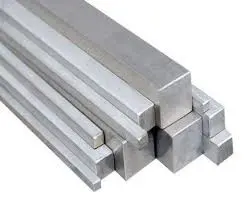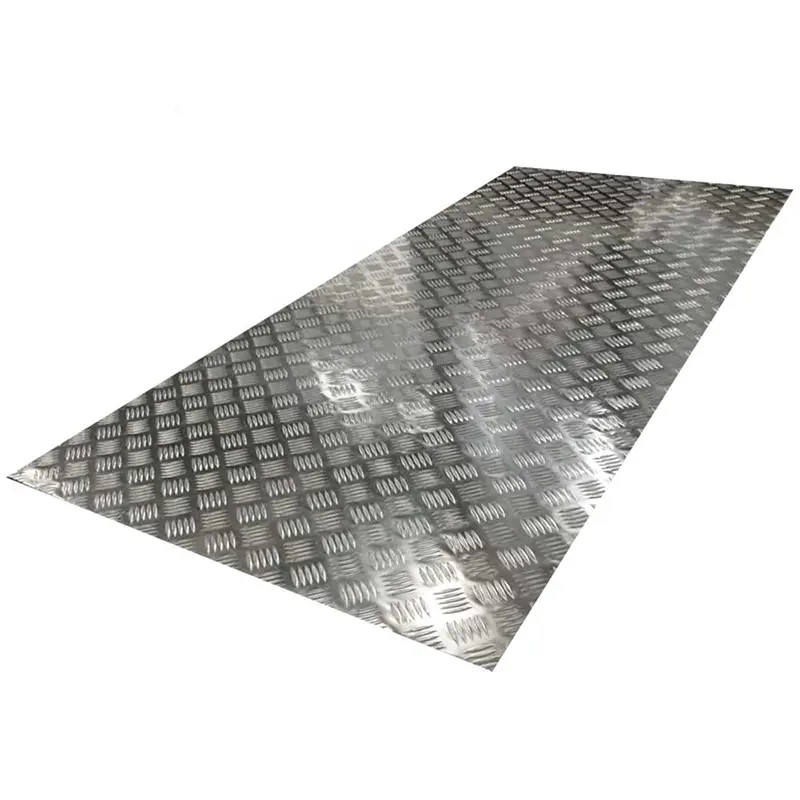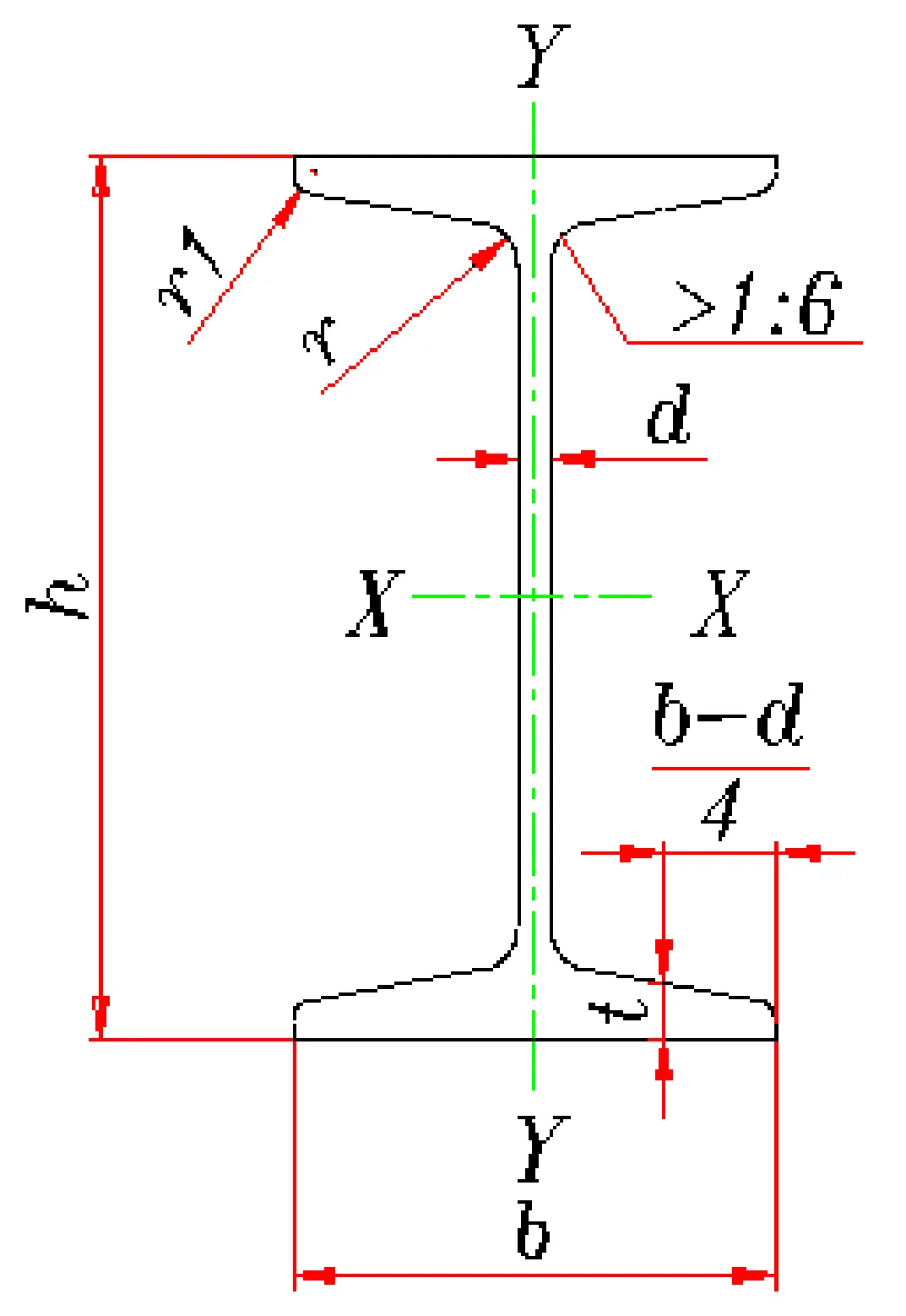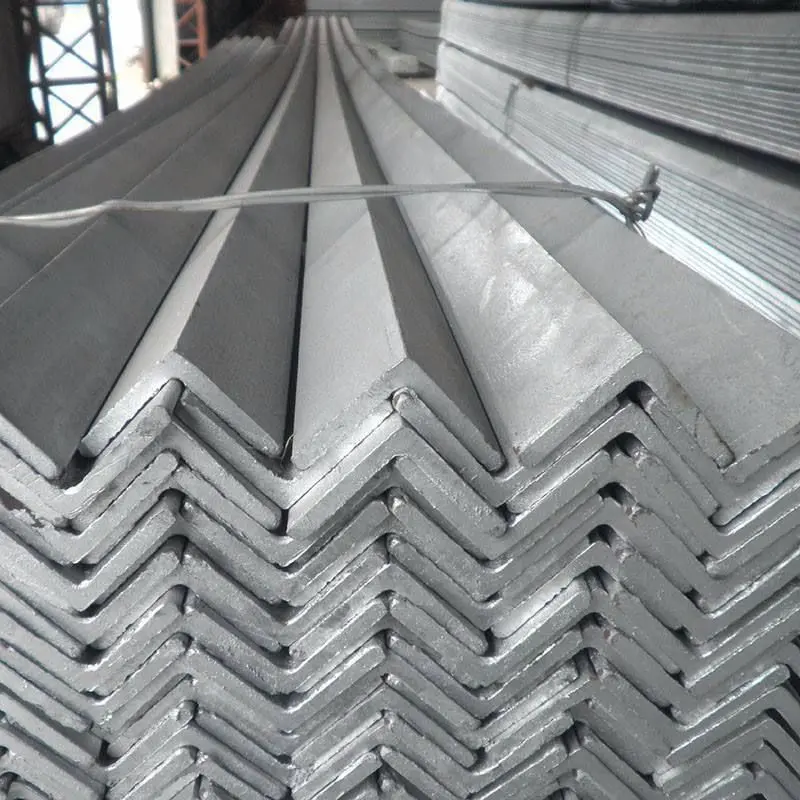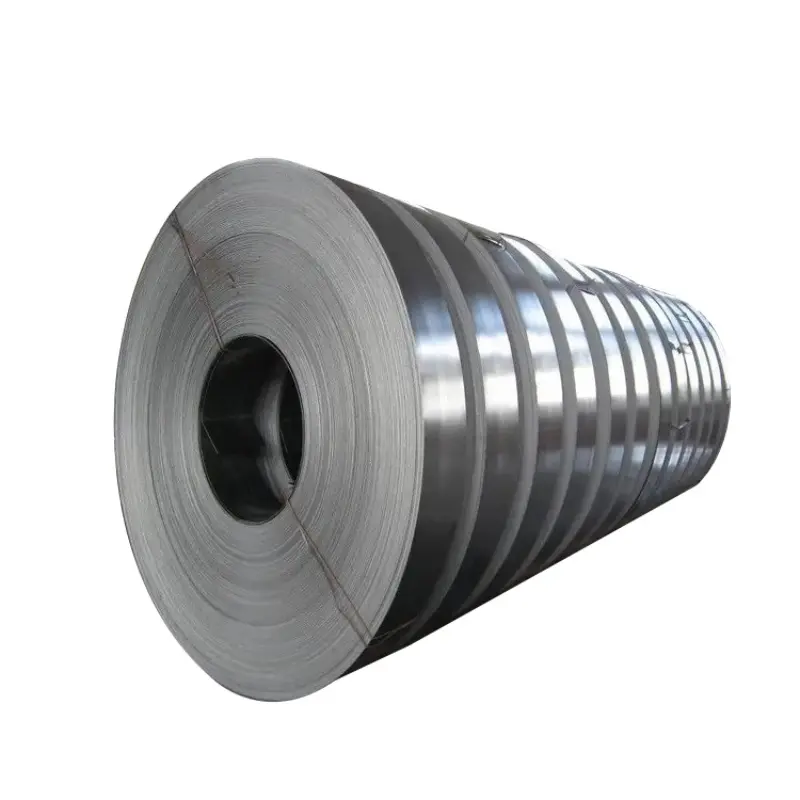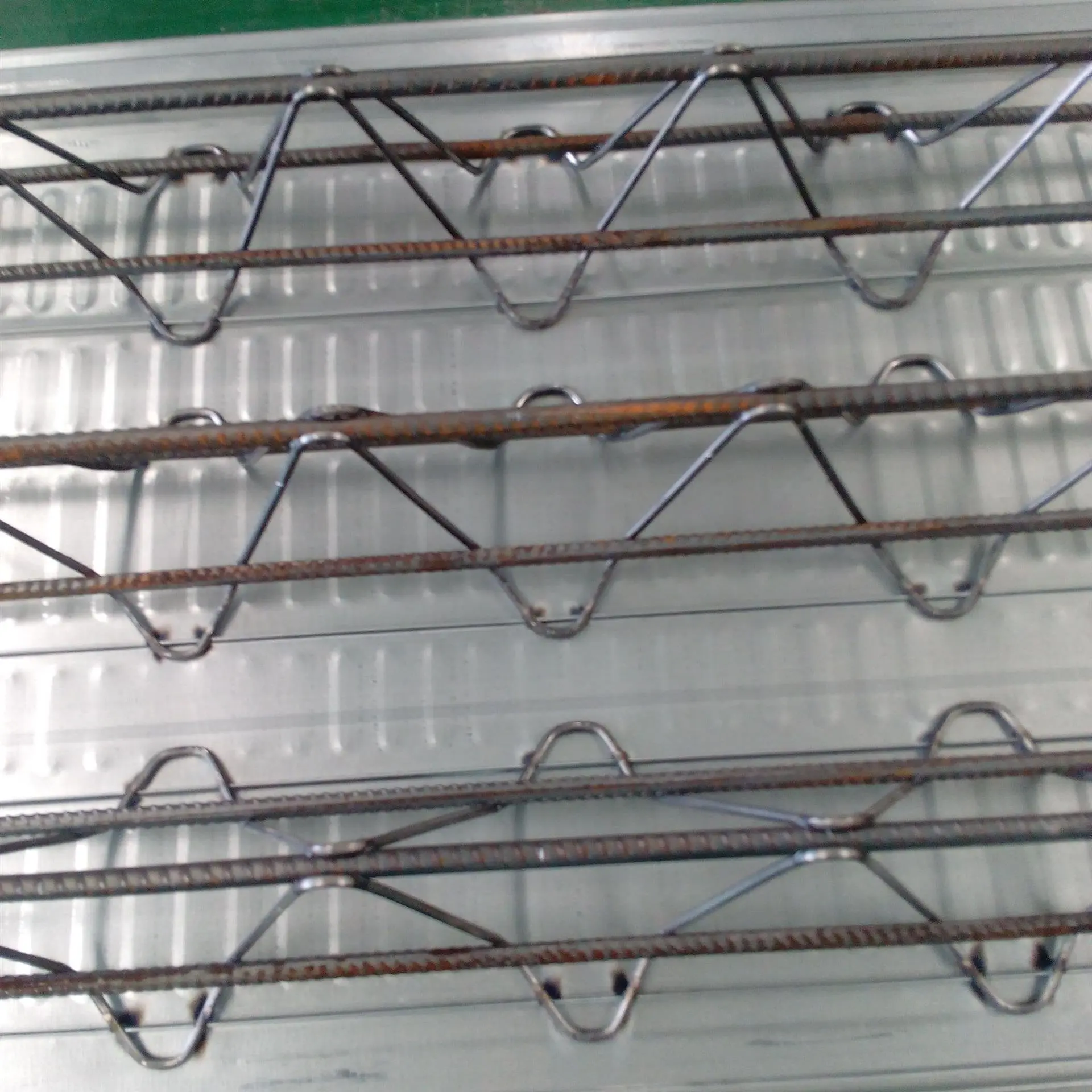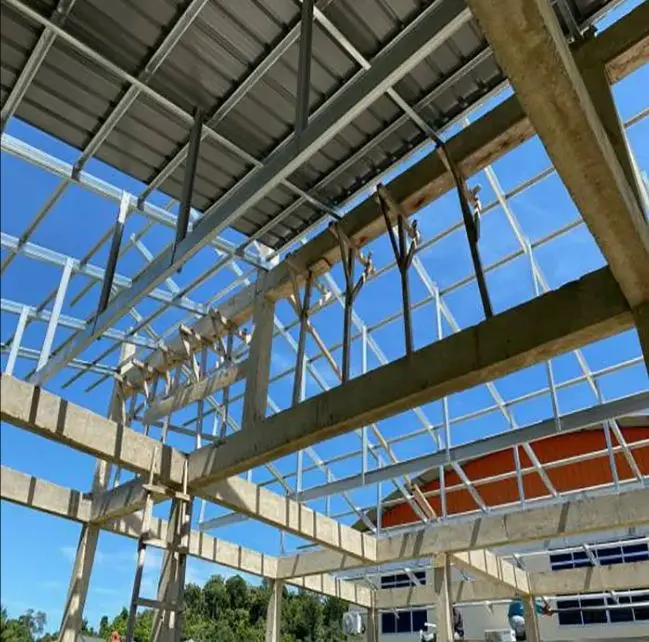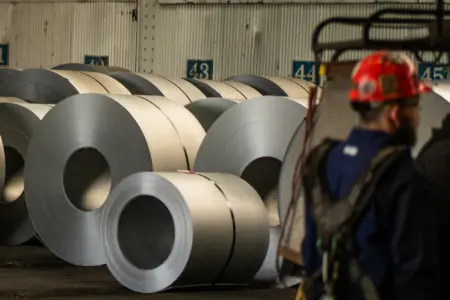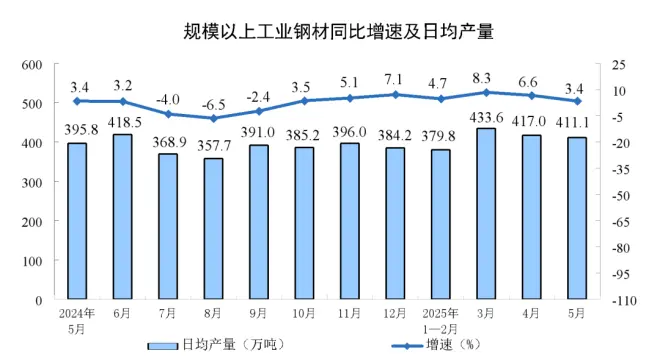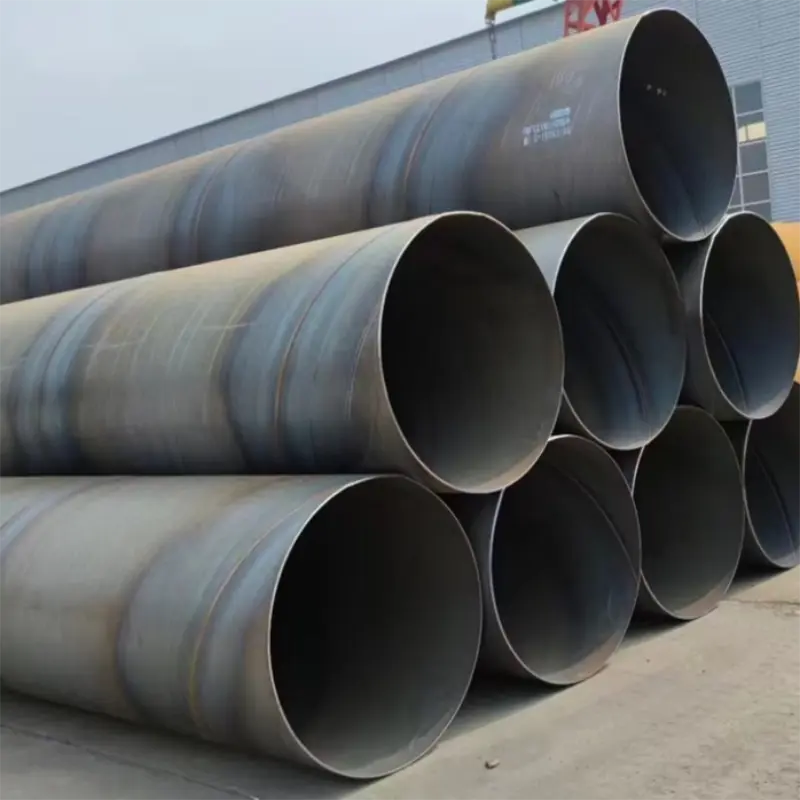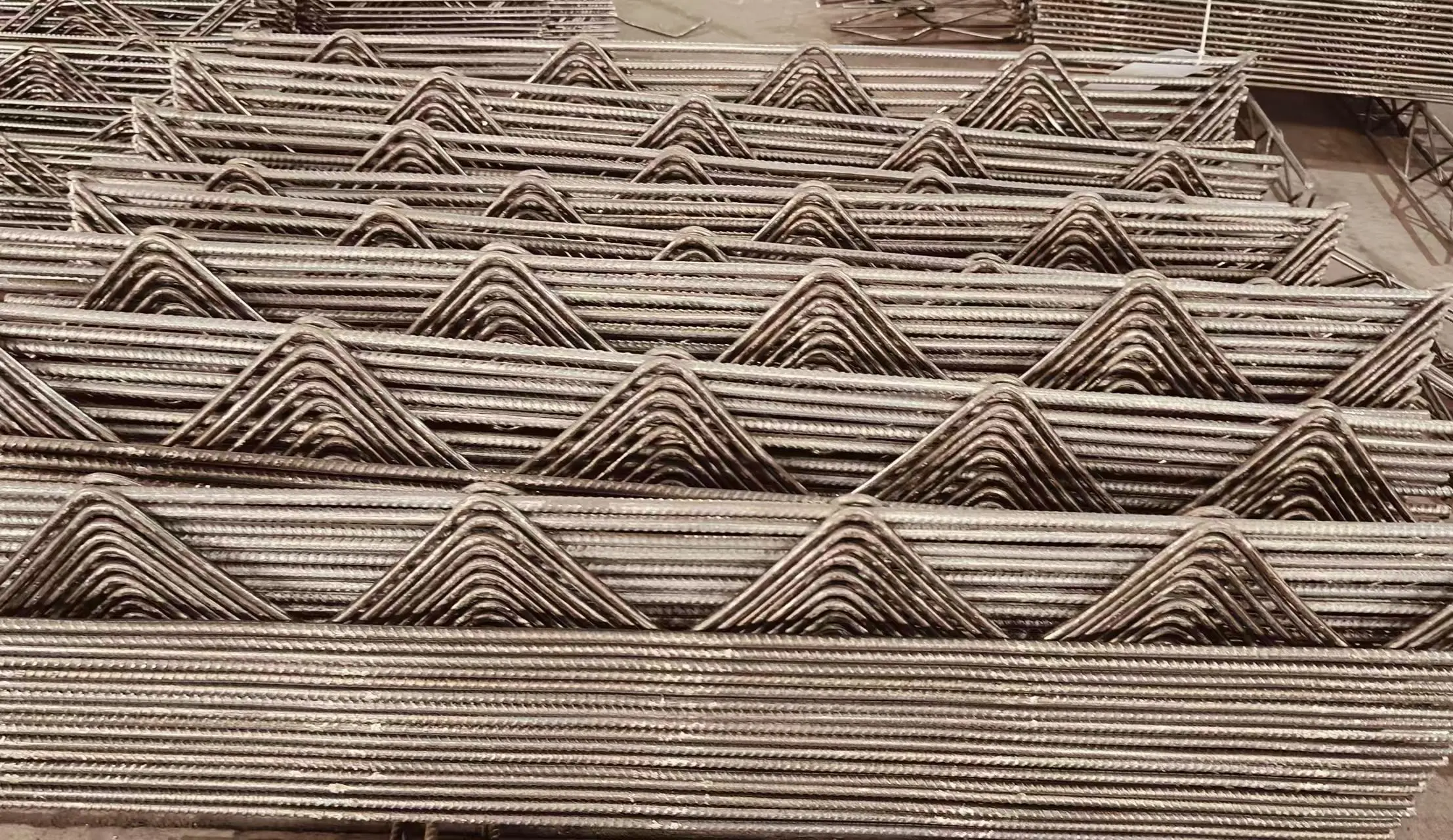
Steel Bar Trusses/ Floor truss
Steel Bar Trusses/ Floor truss
The Day of Shipping Steel Bar Trusses - A Transnational Journey of Quality and Responsibility

Path Selection for the Upgrading of the "World's Factory"
Path Selection for the Upgrading of the "World's Factory"
Uncertainty in the recovery of external demand and potential for improvement in domestic demand
In 2024, the demand for China's manufacturing industry exhibited the dual characteristics of a recovery in external demand and a weakening in domestic demand. The growth rate of exports rebounded to a positive range year-on-year. However, the year-on-year growth rate of the total retail sales of social consumer goods (retail sales) slowed down compared with that in 2023. Overall, both internal and external demands remained in a weak recovery state over the years.
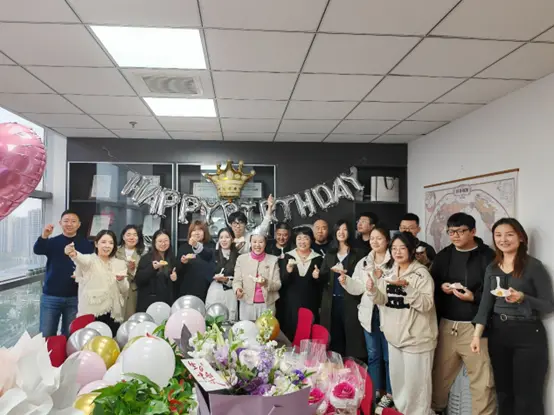
A Special Occasion at Tangshan Fushunde Trade Co., Ltd.
Warmth Overflows the Company, Joining to Celebrate the Birthday —— A Special Occasion at Tangshan Fushunde Trade Co., Ltd.

What Is an I-Beam?
I-beam, also known as steel beam (English name Universal Beam), is a long steel bar with an I-shaped cross section. I-beams are divided into ordinary I-beams and light I-beams. It is a steel section with an I-shaped cross section. I-beams are mainly divided into ordinary I-beams, light I-beams and wide flange I-beams.

Tangshan Fushunde Trading Co., Ltd.
Tangshan Fushunde Trading Co., Ltd. was established in 2004 and is located in Tangshan City, Hebei Province, China. The company has a production plant - Tangshan Fengrun District Dacheng Steel Co., Ltd. Dacheng covers an area of 55,000 square meters, has a total of 300 employees, and can produce 1 million tons of steel annually.

Development History of China's Steel Industry
In 1949, the supply of steel was seriously insufficient. In 1950, the self-sufficiency rate of steel was only 50%. Only more than 100 types of steel could be smelted and more than 400 specifications of steel could be rolled. In 1978, the self-sufficiency rate of steel increased to 72.7%, and one-third of foreign exchange was used to import steel.






